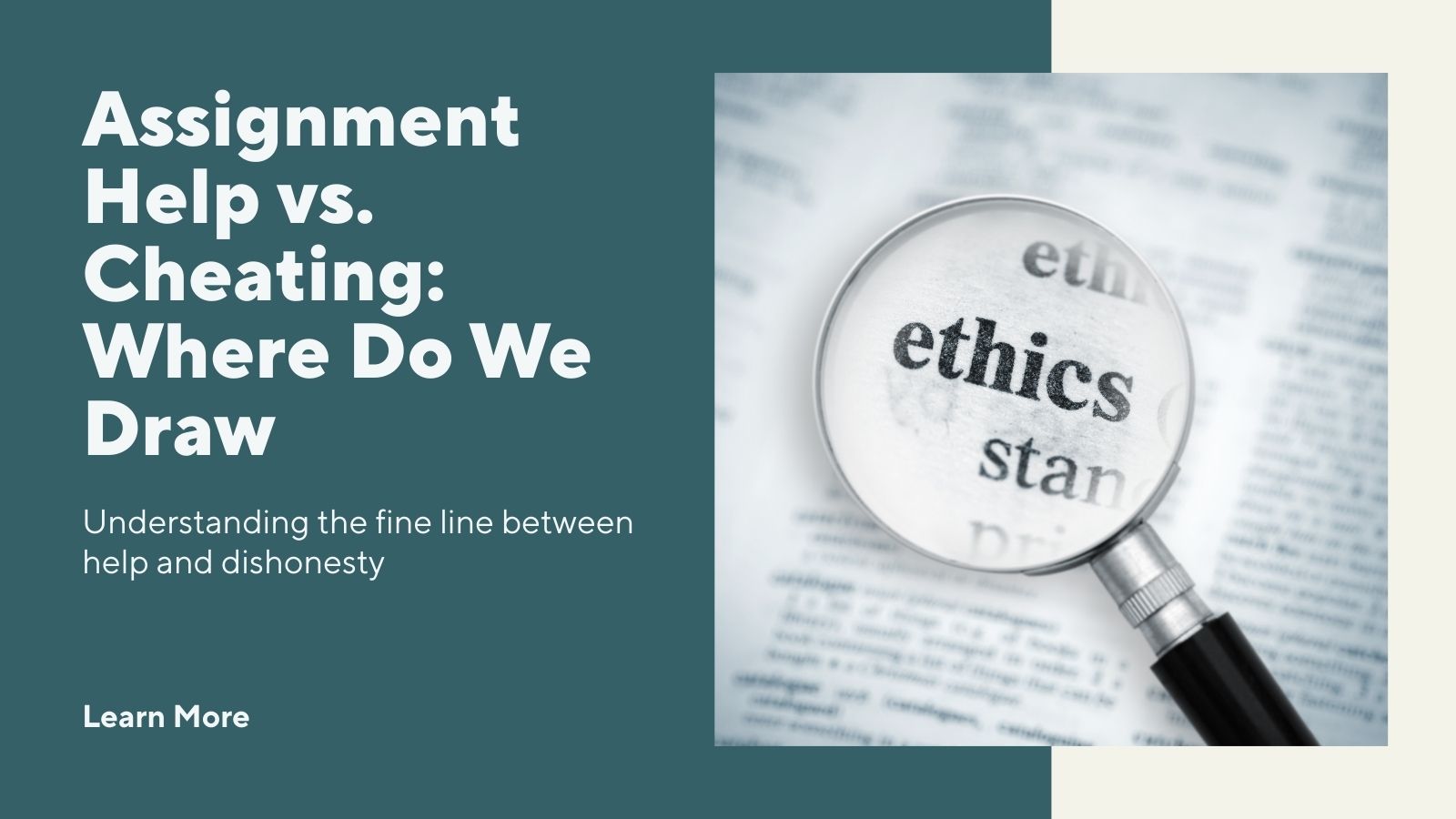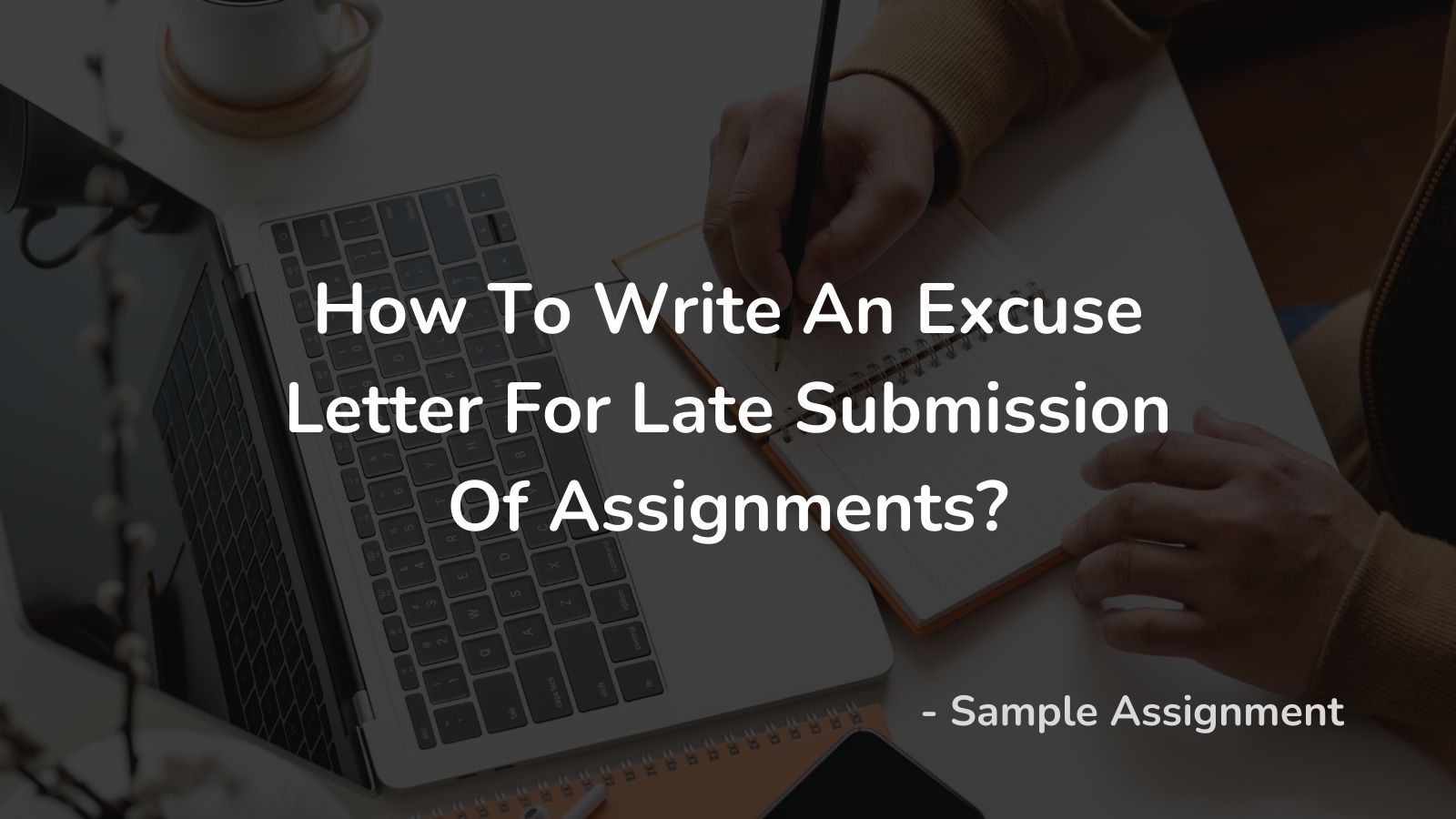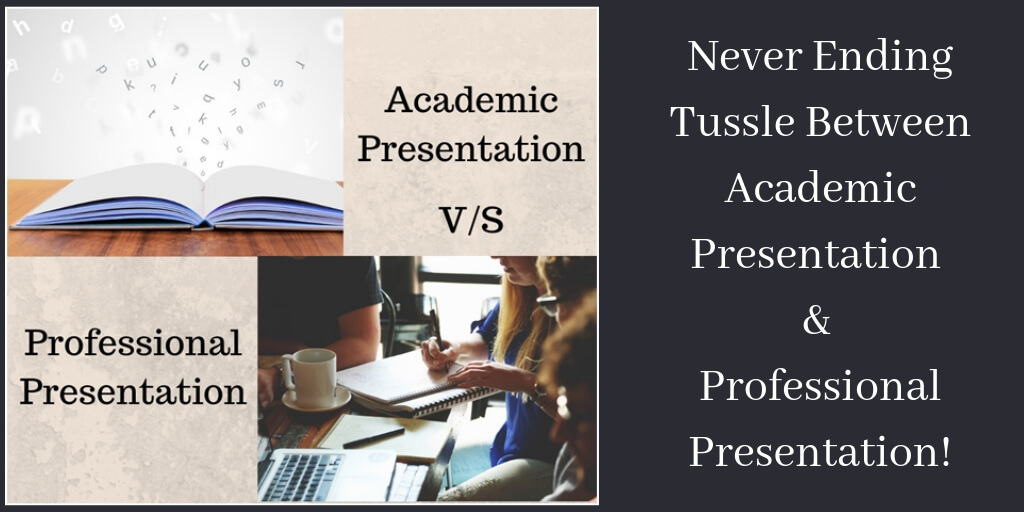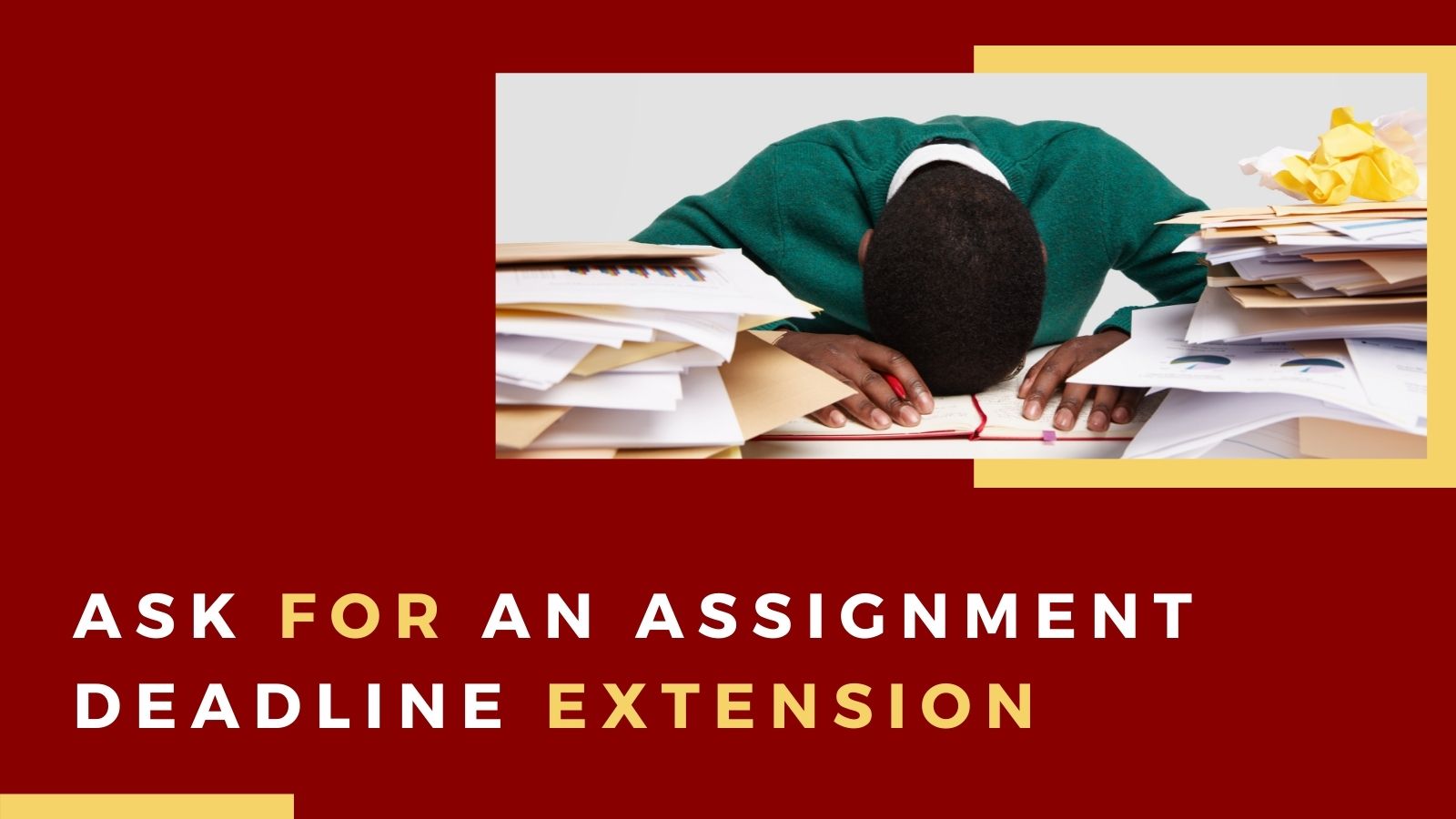
Every student has that moment in college where they have multiple assignment deadlines hanging over their head and no idea where to start. They've got the topic, but the words just won’t come. In that moment, you start to think, “What if someone could just guide me through this?” But then you panic, thinking, Is assignment help cheating?
First things first—breathe. You’re not the only one caught in this dilemma. The line between ethical academic support and dishonest shortcuts can feel super blurry, especially when the pressure is on. But guess what? That line does exist, and it’s clearer than you think.
Let’s take a moment to understand and end the Assignment help vs cheating debate once and for all.
Assignment Help – Where You Actually Learn
College life comes with a lot of stress, and dealing with multiple assignment deadlines makes it a lot harder. Not everyone enters university knowing how to structure a research paper or how to cite sources. That’s where ethical assignment help comes in.
Taking assignment help means using expert services the right way, and it is not cheating. In fact, it’s the equivalent of having a tutor or a mentor.
Transparency is Key
When you ask for help, you’re saying, “Hey, I want to learn.” It can be feedback on your draft, help with structuring your argument, or even understanding a complex concept. This is what support is supposed to look like. The process is transparent. The help you get enhances your work, it doesn’t replace it.
Guidance, Not Hand-Holding
You don’t ask someone to run the marathon for you; you ask for tips on training better. That’s exactly what ethical help offers. A professional might suggest better phrasing, help you understand your topic more deeply, or give you relevant resources. But the effort is still yours.
Access to Resources
Many students are unaware of how to locate credible research or properly format academic citations. Assignment help platforms often provide curated materials, referencing tools, and sample papers that serve as learning references. Using these as guides, not as a substitute for your work, is both appropriate and advantageous.
Cheating – Crossing the Line of Academic Morals
Plagiarism
Copying and pasting text from the internet or a friend’s paper without citing it is plagiarism. And believe it or not, your professor can usually tell. It’s unethical, it’s risky, and worst of all, it teaches you nothing.
Fabrication
Another form of cheating, fabrication, involves using false or non-existent data to support claims. Students may invent statistics, create fake references, or manipulate findings to suit their arguments. Not only is this misleading, but it also distorts the purpose of academic learning, which is grounded in truth and evidence.
Collusion
Collusion is a form of plagiarism that occurs when two or more students collaborate on assignments that are meant to be completed individually. This is different from group work; when individual effort is required, any form of shared content or mutual contribution without permission violates academic integrity.
What’s the Real Difference Between Assignment Help and Cheating?
Getting Assignment Help:
● You wrote your paper and asked someone to proofread or edit it.
● You asked for topic suggestions.
● You wanted feedback on your arguments or structure.
● You sought resources to understand the concept better.
Cheating:
● You submitted work written by someone else.
● You passed off copied content as your own.
● You faked data or sources.
● You took credit for work you didn’t do.
So next time you ask, Is assignment help cheating?, First, ask yourself: Am I learning, or am I avoiding learning?
Ethical Assignment Help: A Tool for Growth and Learning
Ethical assignment help aligns with academic values and also encourages student growth. There are some things you need to keep in mind if you want to take assignment help the right way.
1. Transparency
Honest communication with experts or tutors is vital. If you’re seeking guidance, be upfront about your needs. Clear boundaries should be maintained. This honesty fosters trust, not just with the expert, but with yourself.
2. Attribution
Whether it’s an academic article, a tutor’s advice, or a direct quote from a source, proper attribution matters. Citing sources accurately shows respect for intellectual property and supports your credibility.
3. Your Effort, Your Voice
The assignment should still reflect your ideas, your words, and your perspective. If your paper doesn’t sound like you, you’re not doing yourself any favors. The final assignment should reflect your academic progress, not someone else’s expertise.
4. See It as a Learning Opportunity
Assignment help services can do more than just “help.” They can teach. The feedback you get, the explanations, and the resources are all building blocks to improve your future work, so use them wisely.
The Risky Road of Cheating
Falsity and Misrepresentation
If your academic success is built on someone else’s work, it’s not really yours, is it? Presenting fake data or someone else's ideas damages your credibility.
Consequences You Can’t Undo
From failed grades to academic probation or even expulsion, cheating has consequences that stick. And they don’t just follow you on campus. Employers care too.
Fairness Matters
Cheating isn't just unfair to yourself. It’s unfair to classmates who’ve worked hard. Academic integrity ensures everyone competes on equal footing. When you cheat, you break that trust.
Making the Smart Choice
In the debate of assignment help vs cheating, the answer lies not in the act itself but in the intention and execution. Seeking help to understand, learn, and improve your academic work is not just acceptable, it’s commendable. But using help to bypass effort or responsibility veers into unethical territory.
The next time you consider asking for help, reflect on your goal. Are you trying to grow, or are you just trying to get by? There’s nothing wrong with saying, “I need help.” But there’s everything wrong with saying, “I don’t want to try.” So next time you’re stuck, reach out, learn, ask, and evolve. But don’t cheat yourself out of a future where you actually know what you’re doing. If growth is your aim, ethical assignment help can be your strongest ally. Platforms like Sample Assignment offer support that empowers students rather than enabling shortcuts. Use that help wisely, stay honest, and focus on long-term learning. Because in academics and in life, integrity always wins.
FAQs
Is getting assignment help considered cheating?
No, not if it is used ethically. It becomes cheating only when the help is misused, for example, by copying and submitting someone else’s work as your own.
How can I ensure the assignment help I’m getting is ethical?
Ensure transparency in your communication with experts, use the guidance to enhance your own work, and always try to include your ideas into the final draft.
What are the consequences of cheating in assignments?
Cheating can result in serious consequences such as academic penalties, failed courses, suspension, or even expulsion. It can also harm your reputation and credibility in both academic and professional settings.
How can I get ethical assignment help?
You can simply reach out to us. Our Sample Assignment team makes sure you actually learn by providing one-on-one expert guidance and video demonstrations. With us you not only get a good grade on your assignment but actually learn the concept.









Loved reading this Blog? Share your valuable thoughts in the comment section.
Add comment